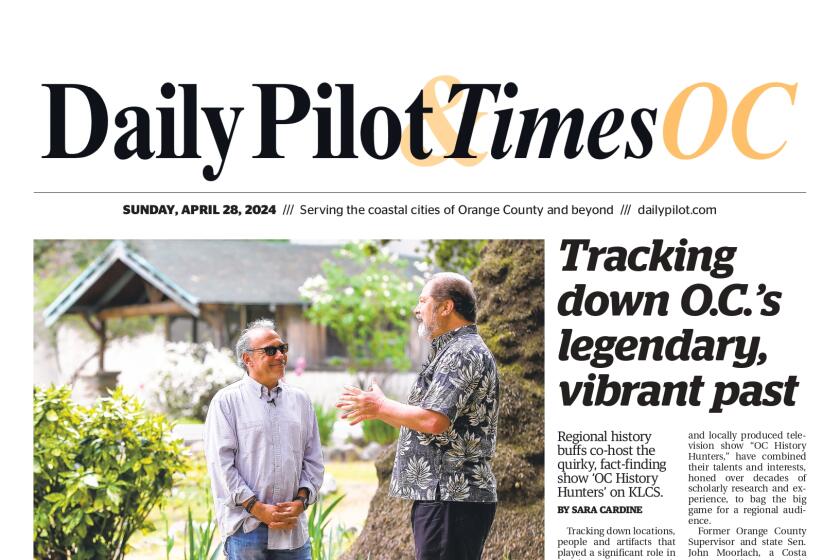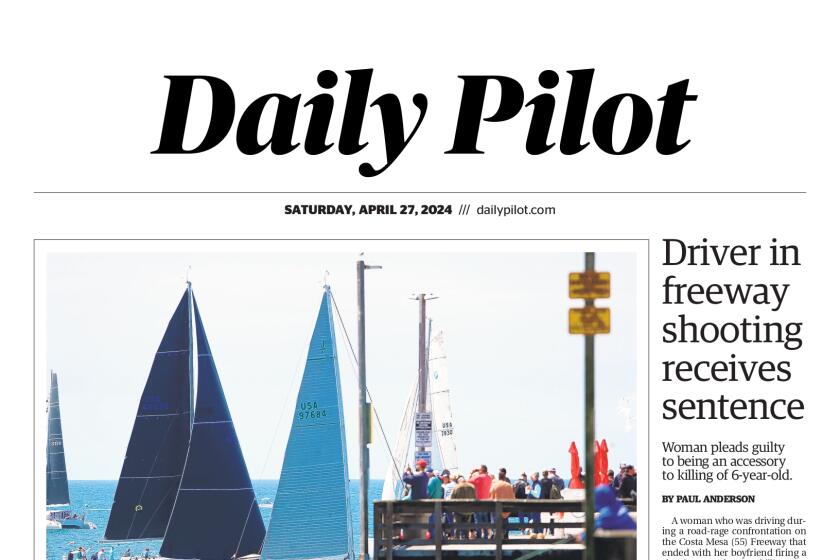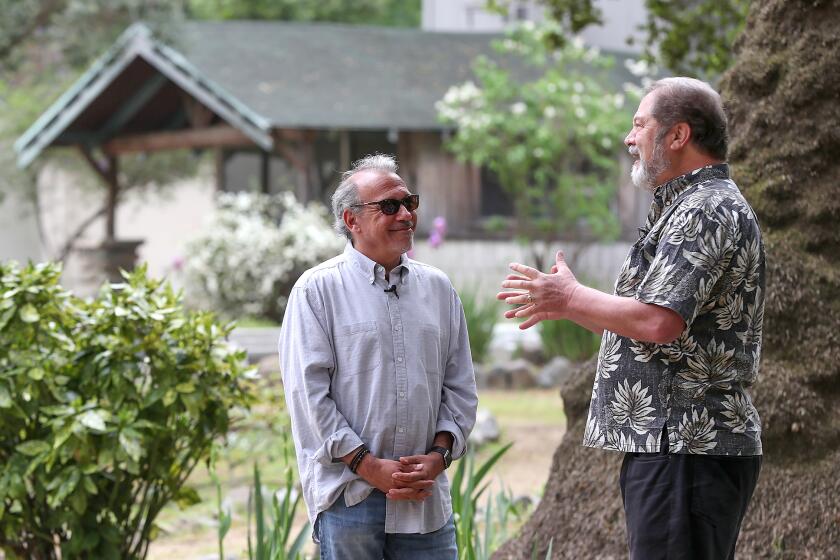Costa Mesa council rejects permits for 28-bed Eastside sober-living home
Costa Mesa City Council members unanimously rejected two permit applications for an Eastside sober-living home after a lengthy hearing Tuesday night.
Though they tipped their caps to the home’s operator — Casa Capri Recovery — and acknowledged the role such facilities can play in combating drug and alcohol addiction, council members weren’t convinced enough to allow the home to keep operating with up to 28 women in eight units at 269 and 271 16th Place. The facility opened there in 2011.
“We heard a lot of evidence about what a great program you have in terms of the care that the young women receive and the experience they have, but we didn’t hear any evidence about how this is going to not provide yet another overconcentration in an already impacted community,” Mayor Katrina Foley said.
Sober-living homes like Casa Capri typically house recovering alcoholics and drug addicts, who are considered disabled under state and federal laws. Such facilities with state licenses are not subject to city regulations.
Supporters said the facility is a vital step on the road to recovery and said many rules and practices are in place to lessen the home’s possible effects on the surrounding community.
“We’re restoring families,” said Melissa Goodmon, co-founder and executive director of Casa Capri. “Magic has happened at these properties. This isn’t just about making a buck ... this isn’t any of that. This is about a place where girls can live in a communal setting and feed off each other and build each other up and do better.”
Though some residents who spoke at the council meeting raised concerns specific to Casa Capri — mostly dealing with noise and how many people live there — many expressed more general worries about the number of sober-living facilities in the city.
“Costa Mesa has more than its fair share of [sober-living homes], and to insert a facility for 28 clients in the midst of a residential neighborhood is neither safe nor wise and will have a detrimental effect on property values in our city,” Eastside resident Tom Bruno wrote in an email to the council before the meeting.
City rules require group homes and licensed alcohol and drug treatment facilities be at least 650 feet from one another in residential areas.
Officials have said the goal of that restriction is to keep such facilities from clustering and to prevent neighborhoods from morphing into institutional settings with a steady churn of short-term residents.
“When you’re at 28 beds in two buildings, that’s just the definition of institution,” Councilman Jim Righeimer said Tuesday.
City codes also state that sober-living homes may occupy only a single parcel.
As a result, Casa Capri had to apply for separate permits for the two properties on 16th Place — meaning the buffer rule would come into play for the neighboring parcels, even though there are no other sober-living homes within 650 feet.
Representatives of Casa Capri asked the city for relief from the separation requirement.
“The practical effect of denying the [permits] is that you’re going to displace women who are working hard to become responsible, productive members of society, and I think that’s what all of us want,” said Steven Polin, an attorney representing the operator.
Council members, though, said there are many sober-living and drug and alcohol treatment and residential care facilities in Costa Mesa — upward of 150, according to a staff report — and that they’ve heard concerns from residents that the proliferation is changing the character of local neighborhoods.
“That’s something that our residents have said we’ve got to address,” Foley said. “We have provided lots of accommodation for lots of people in this community. We’ve done more than our share — over and above our share — and other communities need to start pitching in.”
Twitter @LukeMMoney
All the latest on Orange County from Orange County.
Get our free TimesOC newsletter.
You may occasionally receive promotional content from the Daily Pilot.




